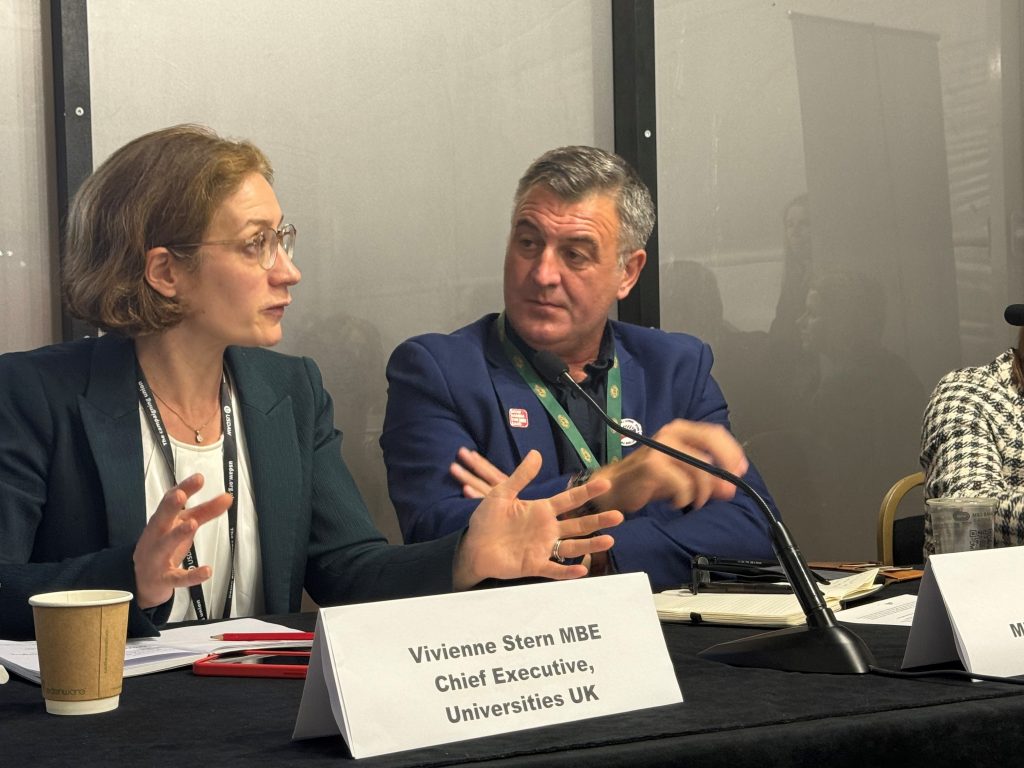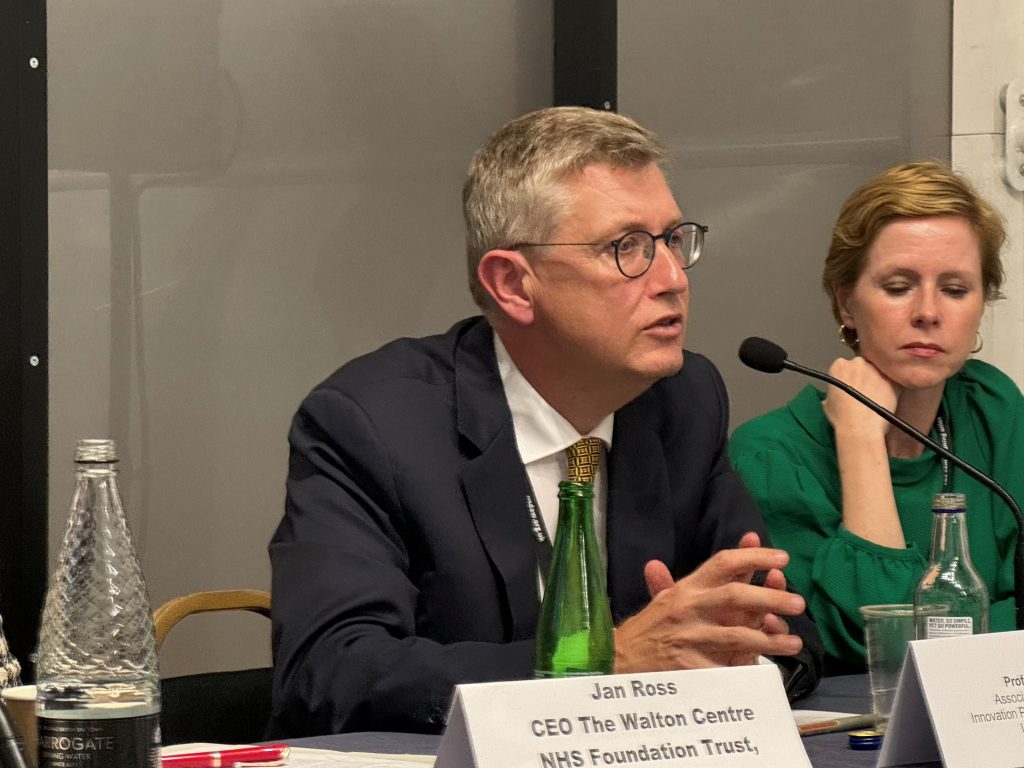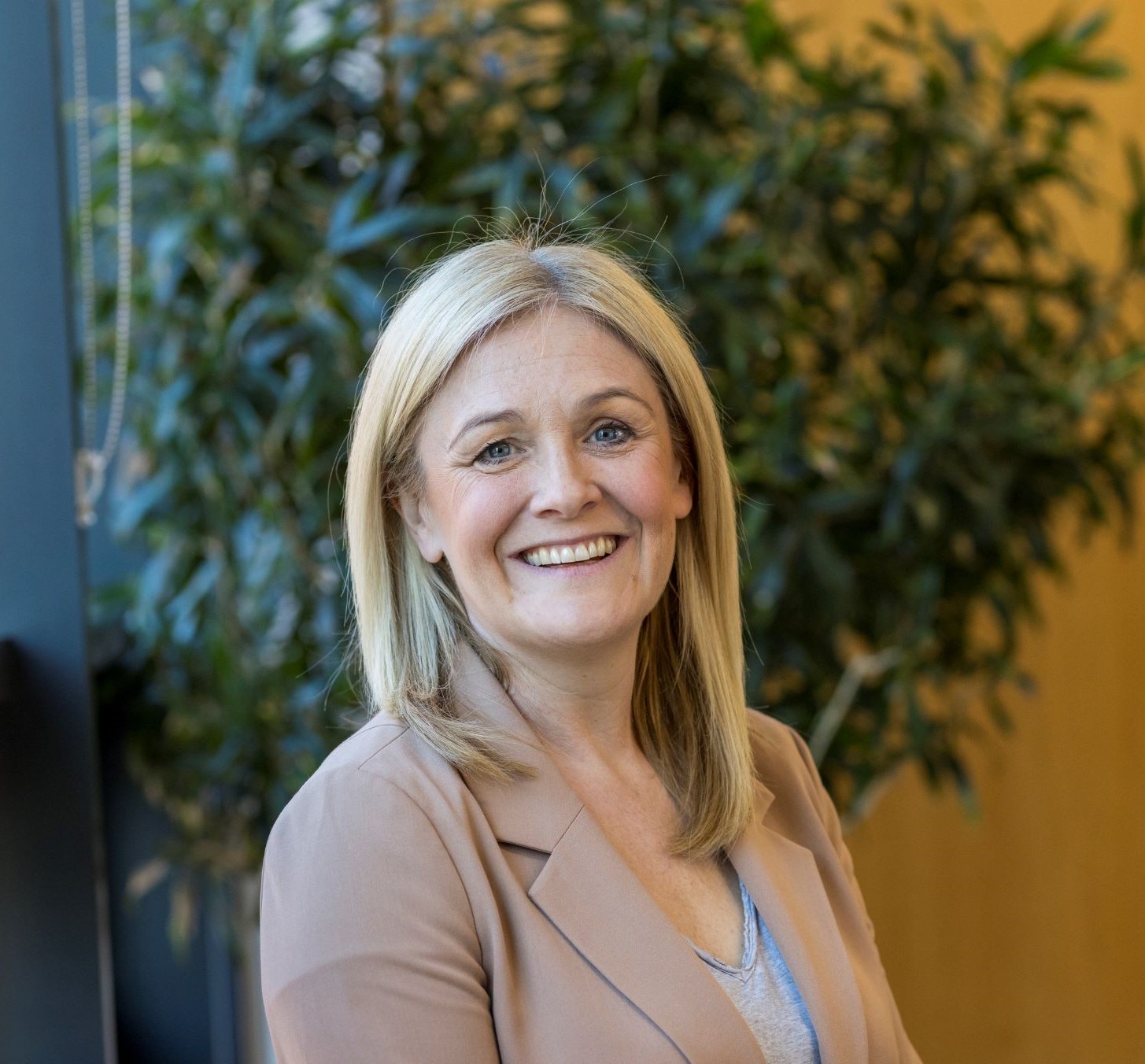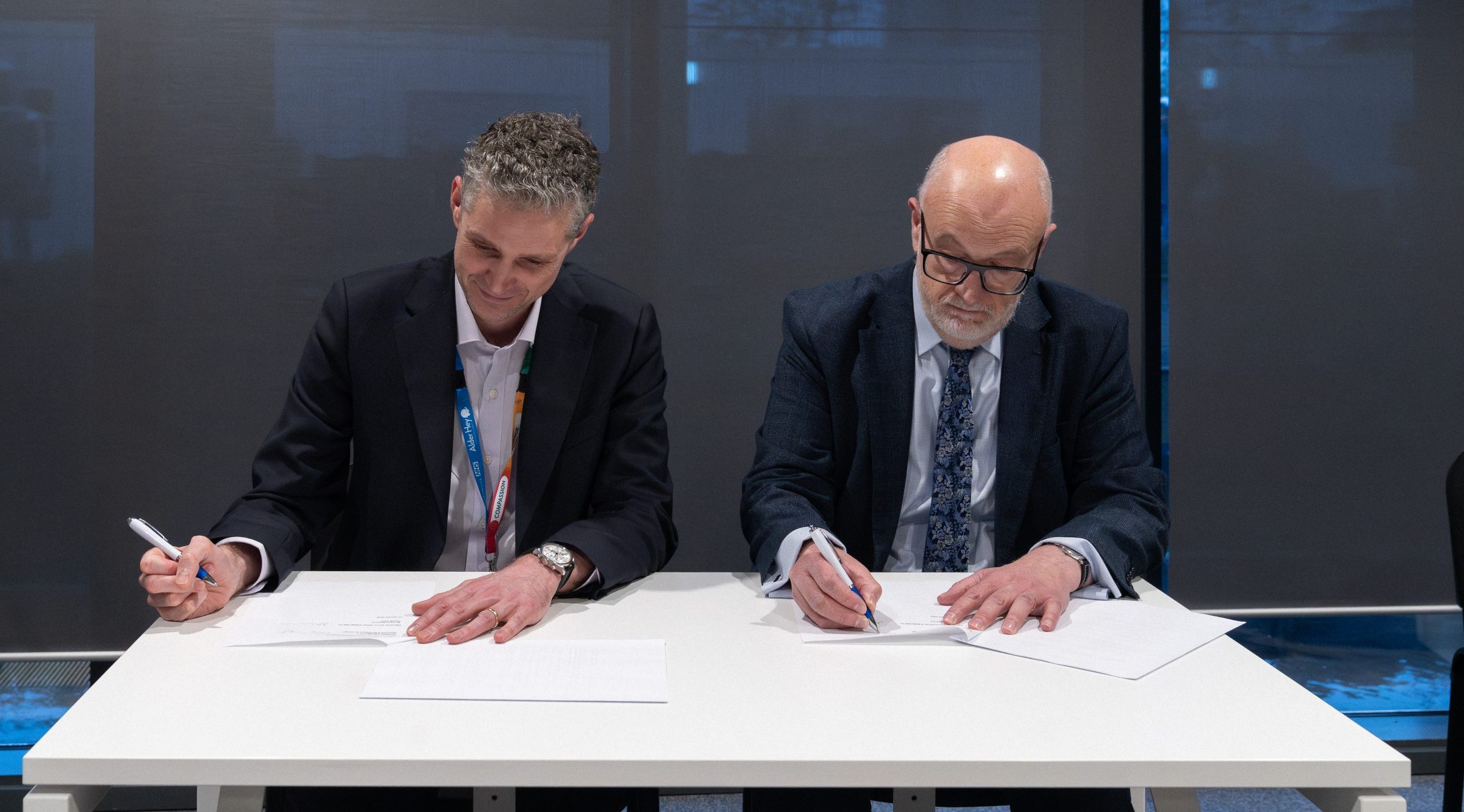LHP and the Heseltine Institute join forces for panel event at the Labour Party Conference
The Heseltine Institute for Public Policy, Practice and Place and Liverpool Health Partners hosted a panel event at the Labour Party Conference in Liverpool posing the question: “How can health and life sciences boost inclusive growth?”
The evening session, facilitated by the Northern Health Science Alliance, examined how NHS trusts and universities in Liverpool City Region can tackle the recruitment and skills gaps in the health service, while providing opportunities for their local communities, so enhancing the health and employment opportunities for those most in need.
It brought together representatives from the NHS, health and life sciences institutions and politicians delivering health policy.
Use of data, the life course approach and closer collaboration between institutions were strong themes of a lively discussion that sought to identify policy interventions to enhance the contribution of health and life sciences sectors to inclusive growth in local and regional economies.

The panel was chaired by Sue Jarvis, Co-Director Heseltine Institute and the panel was made up of Professor Iain Buchan, WH Duncan Chair in Public Health Systems and Associate Pro-Vice Chancellor for Innovation, Public Health, Policy & Systems, University of Liverpool; Ian Byrne, MP for Liverpool West Derby; Dr Aileen Jones, Executive Director Investment and Delivery, Liverpool City Region Combined Authority; Jan Ross, CEO, The Walton Centre NHS Foundation Trust and Vivienne Stern Chief Executive, Universities UK.
In Liverpool City Region, 121,000 people are employed in the health and life science sector and the seven NHS Trusts in Liverpool city alone employ more than 34,000 people. However, the recently published NHS Long Term Workforce Plan set out a series of challenges facing the organisation in recruiting and retaining staff and called for increased training and education to retain and retrain more staff.
The government recently launched England’s second Investment Zone in Liverpool City Region which could unlock £320 million of private investment and deliver thousands of jobs in the life science sector. The Investment Zone will benefit from a range of interventions which could include skills, infrastructure, and tax reliefs, depending on local circumstances – with the potential to make the Liverpool City Region a pharmaceutical production superpower.

Ian Byrne told the event he thought it was vital that anchor institutions train and employ people from their local communities.
He highlighted a recent visit from a school in his West Derby constituency to Parliament and his dismay at the fact most of the class did not see university as a viable opportunity for them due to the burden of student debt. He added: “I want to see the health and life science sector provide opportunities for our local communities.”
Prof Buchan called for “a civic engine of innovation that improves health and care while creating a pipeline of talent and inclusive economic growth”, calling for deep partnership working to make this happen as core business for integrated care systems.
Jan Ross highlighted schemes in place at The Walton Centre, including the Step into Work Programme, an employment programme to support, train and help prepare unemployed adults who have an interest in a career in Health and social Care. She said: “We want to do more to create non academic routes into work.”
Vivienne Stern highlighted the response to the Covid-19 pandemic and collaborative working of NHS Trusts and higher education institutions when people came together swiftly and at scale. She said a similar response was necessary to tackle NHS recruitment and retainment, adding: “We have to put our heads together and work out how to get more people into the NHS.”
Sue Jarvis, co-director of the Heseltine Institute, said: “Health and life sciences will play an increasingly significant role in developing the jobs of the future over coming years, and these sectors will be crucial for delivering inclusive growth. It was great to hear from panellists working in higher education leadership, healthcare and innovation policy, as well as pressing the case for greater focus on developing health and life sciences research. Liverpool City Region has important strengths in these sectors, so this event represented a welcome chance to discuss how the opportunities available can be spread more widely.”
Seamus O’Neill, Managing Director of Liverpool Health Partners said: “This panel event was a great opportunity to bring together a group of people from the health and life sciences sector as well and local politics to articulate how Liverpool City Region could act as an exemplar in tackling the NHS skills shortage while benefiting those communities that need it most. This is about creating meaningful employment and training opportunities which will in time lead to improved health and wellbeing.”
Following the panel event a briefing paper with policy recommendations will be drawn together and submitted to Ian Byrne MP for consideration by the Labour Party.




